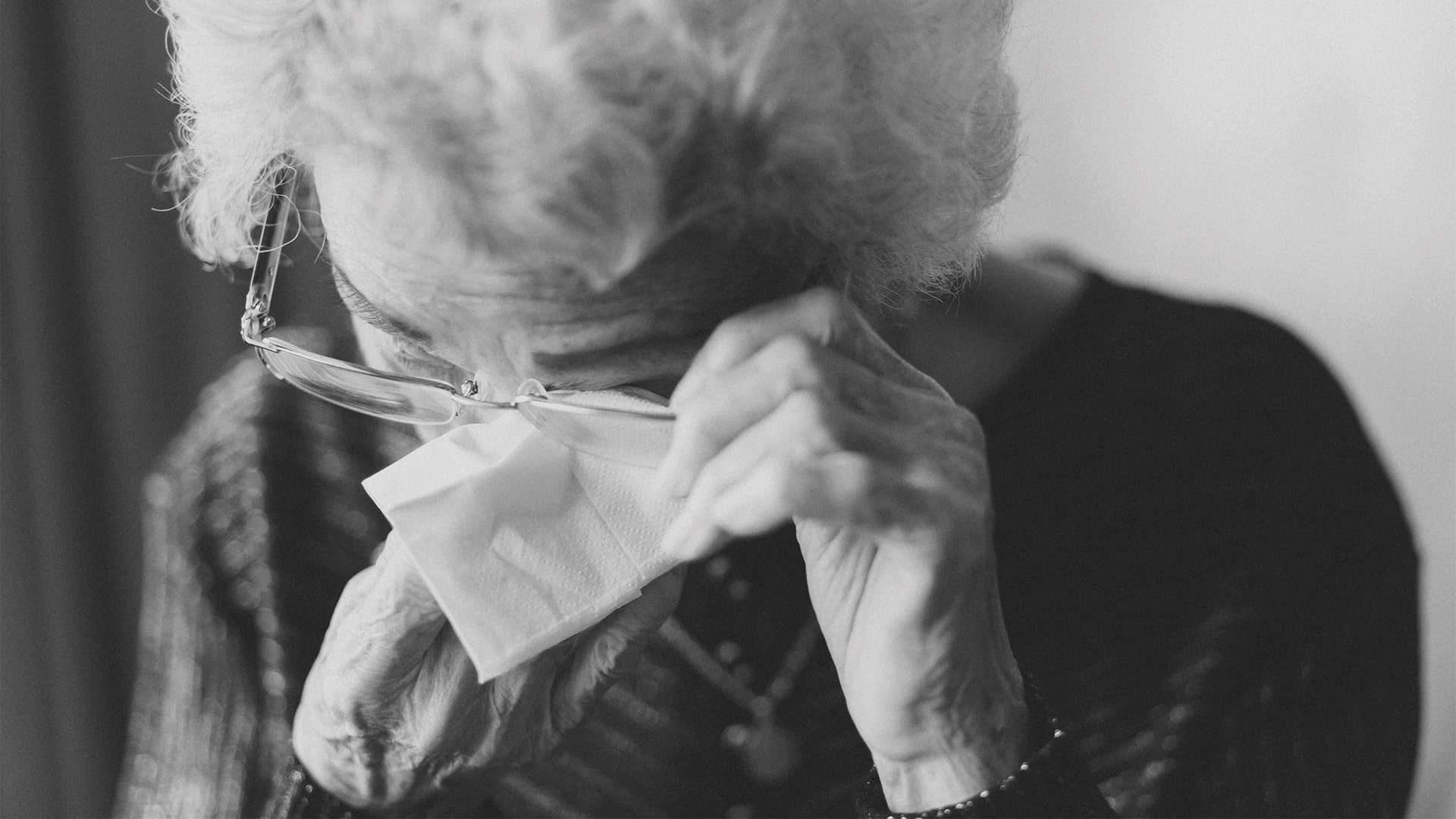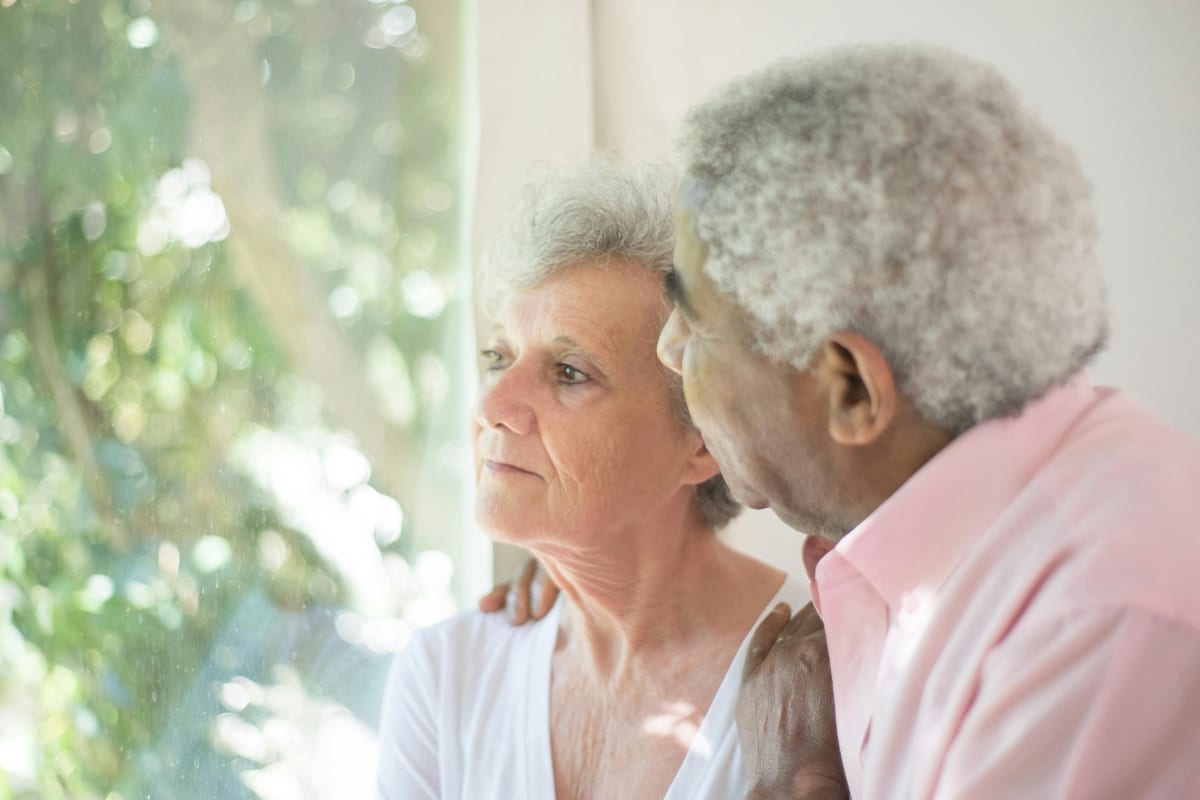
The loss of a loved one can be one of the most overwhelming and painful experiences of life, and finding ways to cope can be challenging. As we enter in to a second wave of the Covid-19 pandemic, and with social limitations and funeral restrictions in place, working through a bereavement can feel particularly difficult.
There are ways you can process the loss of a loved one and better understand how to cope with grief. Here we will detail some tips for coping with grief.
Recognise your grief
Getting to grips with what grief is and how it may be affecting you can be an important factor in helping you to cope with the loss of a loved one. Grief is a perfectly natural response to loss, and it’s important to acknowledge this and not try to belittle or suppress your feelings.
You may feel okay one minute and very low the next. Some people spring in to action, whilst others find they have no energy or motivation. You may cry and feel weepy, or not shed any tears at all. There is no right or wrong way to grieve – we all experience grief differently and it doesn’t always present itself in obvious ways. Anger, relief, feeling numb, depression, laughter, loneliness, anxiety and guilt are just some of the natural responses to grief.
Grief has no time limit and there are many stages of coping with grief. With Covid-19 adding additional complications, it’s important not to put pressure on yourself to feel better by a certain time. Allow yourself all the time and space you need to heal.
Reach out to someone
Talking about death isn’t easy, and you may not have the words to say how you feel. There may be a concern that you are burdening those around you, or you may want to protect your friends and family.
However, talking things through is one of the most helpful things you can do to ensure you aren’t coping with grief alone. If you don’t want to talk about your emotions then sharing stories and memories of your loved one can be helpful.
Covid-19 restrictions might make it more challenging to stay in touch with friends and family, so use the lines of communication we do have – such as phone or video calls – to keep in touch. If coronavirus guidelines allow you to meet up with someone face-to-face, then take the time to see friends and family in person.
You don’t have to reach out to someone close to you, however. Sometimes the most unlikely person can offer the most support.
There are many local and national bereavement organisations which provide support to anyone coping with grief. Alternatively, independent bereavement counsellors are specialised in providing grief therapy and support.
At Dillamore we are fortunate to work with a dedicated grief counsellor, Carole Warren. She has over 20 years of experience working with the bereaved, as well as being a funeral celebrant. Carole is able to provide additional support to anyone coping with grief. If you would like to speak to our bereavement counsellor, call us on 01525 372210 or use our contact form.
Take care of yourself
Your own needs may feel insignificant in comparison to the immensity of losing someone, but it is so important to look after yourself during the weeks and months following a loss.
It is normal for people to lose their appetite, not feel like cooking, or crave comfort food after a loss. Even if you don’t feel like eating, try to eat healthy and nutritious food so that your body has enough energy to function.
You may also find that your sleep is disrupted, either finding sleep difficult or wanting to sleep all the time. Creating a bedtime routine to help you wind down, and trying to go to bed at the same time each night, can help you get a better night’s sleep.
Taking the time to exercise provides a fantastic release and can release mood-boosting endorphins, which help to promote a better mindset. You may not be able to access a gym, exercise class or swimming pool due to Covid-19, but nowadays there are many ways to exercise in the open air or from the comfort of your home.
Losing a loved one during Covid-19 has provided many additional challenges to anyone who is grieving. You might not have been able to say goodbye to the person in a way you wanted while they were still alive, and feel helpless or angry at the situation. Try to remember this is not your fault, and these circumstances are out of your control.
If you would like to chat to one of our team of funeral arrangers, please reach out to us on 01525 372210 or use our online appointment tool to schedule a time to speak.



